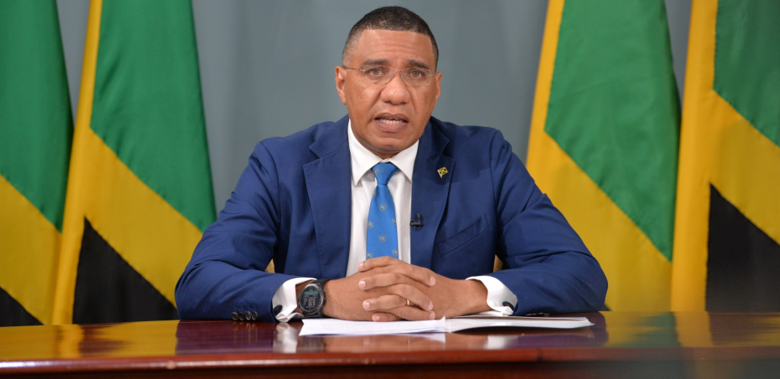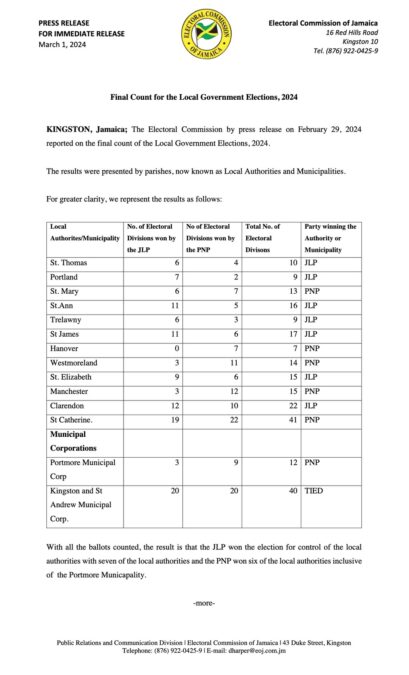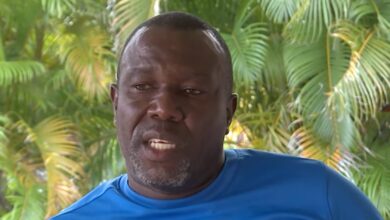
The Most Honourable Andrew Michael Holness, Prime Minister of Jamaica and leader of the Jamaica Labour Party (JLP) is a pivotal figure in Jamaica’s political landscape. Born on July 22, 1972, Holness has had a significant impact on Jamaican politics since assuming office in 2011.
As Prime Minister, Holness has implemented a range of policies aimed at addressing key issues facing Jamaica, including economic development, infrastructure improvement, and social welfare. His administration has focused on initiatives such as the National Housing Programme and the National Identification System, which aim to improve housing access and streamline government services for Jamaican citizens.
One of the notable achievements of Holness’s tenure has been his emphasis on education reform and investment in the country’s human capital. Under his leadership, there have been efforts to improve the quality of education and expand access to educational opportunities for all Jamaicans. Additionally, Holness has prioritized technology and innovation, recognizing their importance in driving economic growth and competitiveness in the global market.
However, Holness’s leadership has also faced criticism and scrutiny on various fronts. Some critics have raised concerns about the pace of progress in key areas such as healthcare, crime reduction, and environmental sustainability. There have been challenges in effectively addressing Jamaica’s high crime rates and creating lasting solutions to social inequality and poverty.
Furthermore, Holness’s administration has encountered criticism regarding issues of transparency and accountability. Some have raised questions about government spending, the handling of public contracts, and the overall integrity of Jamaica’s political institutions. These concerns highlight the ongoing need for robust governance structures and mechanisms to ensure accountability and prevent corruption.
In recent years, Holness has faced the formidable task of navigating Jamaica through the global COVID-19 pandemic. His administration has implemented measures to mitigate the spread of the virus and support the economy and Jamaican citizens during these challenging times. However, the pandemic has also exposed vulnerabilities in Jamaica’s healthcare system and highlighted the need for long-term investments in public health infrastructure and preparedness.
In conclusion, Andrew Holness’s leadership as Prime Minister of Jamaica and leader of the JLP has been marked by both achievements and challenges. While his administration has made strides in certain areas of governance and policy, there remain areas of concern and opportunities for improvement.
Moving forward, it will be essential for Holness and his government to address these challenges effectively and work towards building a more inclusive, equitable, and prosperous Jamaica for all its citizens.
The Recent Local Government Election in Jamaica
In the recent local government election in Jamaica, the Jamaica Labour Party (JLP) secured victory, marking a significant milestone in the nation’s political landscape. The JLP’s success, despite being marginal underscores continued support for its governance and policies, reflecting confidence in its leadership under Prime Minister Andrew Holness.
While the next major election in Jamaica is expected to be soon(possibly 2025), it’s unclear who Jamaica will vote as the next leader despite JLP’s success in the recent Local Government Election.
After the recent Local Government Election, the leader of the PNP, Mark Golden declared victory in regard to the people’s votes, he also promised that there will be a change soon. The final count saw the JLP winning seven of the local authorities and the PNP won six.




